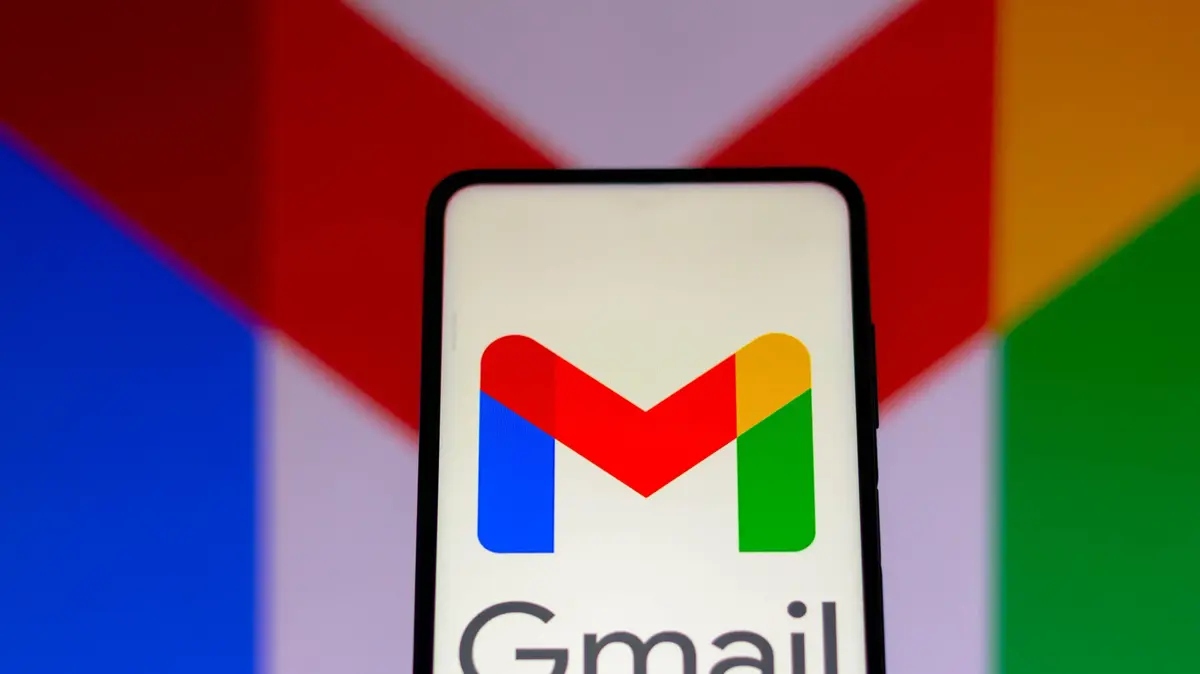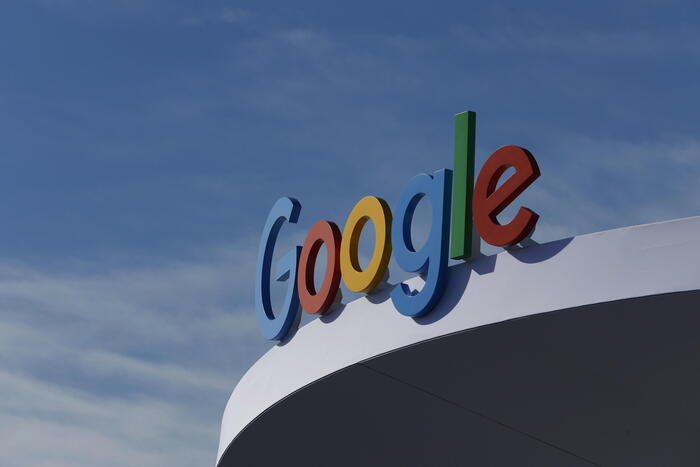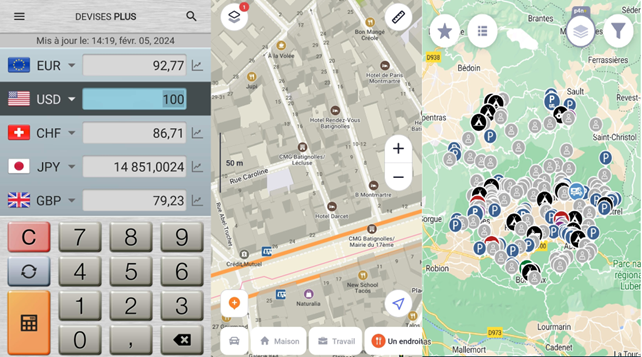Icon: enlarge
Google searches for abusive material should also be recorded and reported by the Internet group
Photo: Regis Duvignau / REUTERS
Google first announced how much child sexual abuse content the company found and reported.
These are numbers from 2020.
In the first half of the year, Google sent 182,556 reports to the National Center for Missing & Exploited Children (NCMEC), the private, non-profit US organization that receives such reports from numerous tech companies, checks them and forwards them to the relevant law enforcement authorities.
These reports affected more than 1.5 million pieces of content - this could be pictures, videos, or audio recordings depicting sexual abuse of children, or URLs to which this content can be found or text messages requesting such content.
These numbers doubled in the second half of the year: According to Google, more than 365,000 reports were forwarded to the NCMEC between July and December, that is around 2000 per day.
It covered a total of 2.9 million pieces of content.
In total, that is almost 550,000 reports and around 4.5 million items of content in 2020.
The company subsequently deleted almost 78,000 Google accounts in the first half of the year and 98,000 in the second.
It deleted around 332,000 and 210,000 URLs from its search index.
Google says it does not have previous year's figures, so the data does not show a long-term trend.
To compare the magnitudes: TikTok sent a total of 22,692 reports to the NCMEC in 2020, according to a transparency report also published today.
A one-to-one comparison of the platforms and companies does not make sense, however, Google and Facebook, for example, operate more services, and the technical and personnel equipment is likely to be different from that of TikTok.
There is no legal basis in the EU for Gmail scans
Basically, Google does not want to say how it searches which of its services for the material.
However, it can be assumed that it will scan search results, YouTube videos, content from the Blogger platform and emails for illegal material, among other things.
Contents marked by Google algorithms are checked again by specially trained employees before a report is made.
In the European Union, however, there is currently no clear legal basis for Gmail scans.
The so-called European Code for Electronic Communication (EECC) has been in effect since December 21st.
Services such as e-mail and messenger therefore fall within the scope of the e-privacy directive.
This in turn guarantees the confidentiality of communication data.
An interim solution for tracking down allegations of abuse is currently being negotiated between the EU Parliament and the member states, and the Commission intends to present a permanent solution as soon as possible.
Google, like Microsoft, among others, is aiming for an agreement and wants to hold on to its voluntary commitment to ensure the safety of its users for as long.
Unlike Google and Microsoft, Facebook has decided not to act without a legal basis in the meantime.
The search of Messenger messages is therefore suspended.
Nevertheless, this week the group announced new measures against the distribution of the illegal material, starting with notices to users who search for relevant terms within Facebook's apps.
The NCMEC believes that it has already recognized negative effects of the EECC.
In the six weeks after the code came into force, the tech companies only received around half as many reports with EU relevance as in the six weeks before it came into force.
“While other factors may have contributed to this fluctuation in the data,” the organization said, “we believe that a large part of the decline in reporting is the result of the EU's failure to find a reasonable compromise before December 20 «.
Icon: The mirror









